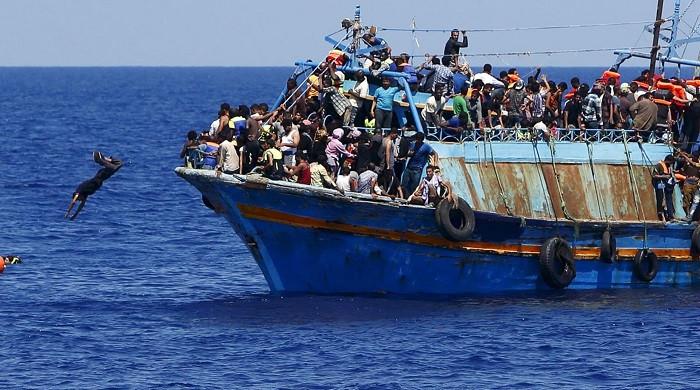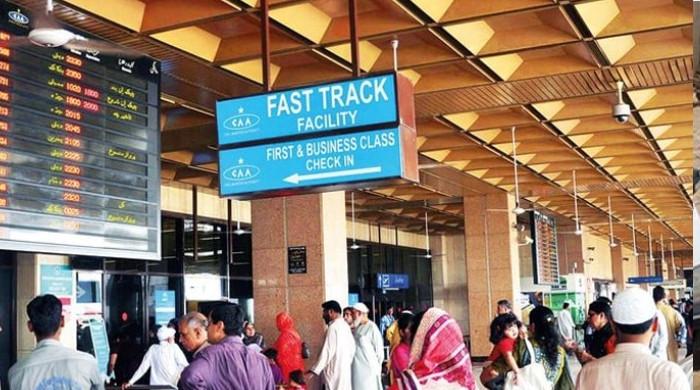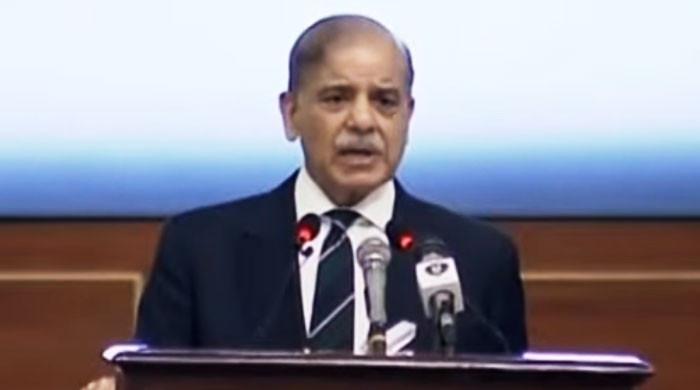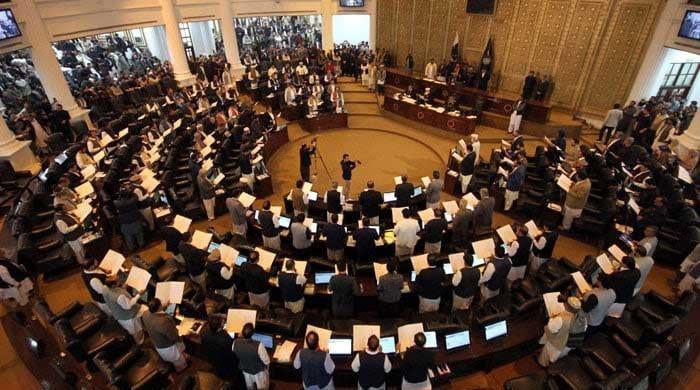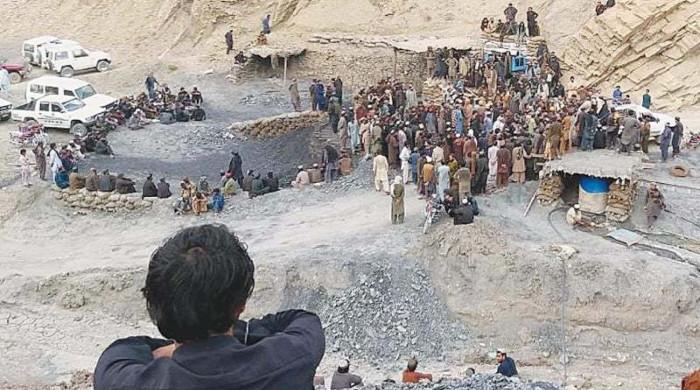What does the JIT report say about the Sahiwal killings?
Lahore High Court has ordered a judicial inquiry into the incident, which is ongoing
April 08, 2019
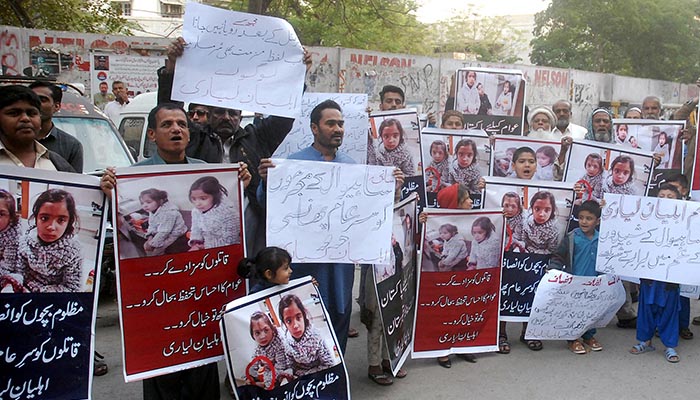
On January 19, four people were killed by counter-terrorism officials in Punjab, on a busy thoroughfare outside Lahore. Those shot dead included, Muhammad Khalil, his wife, their 13-year-old daughter and the driver of the car, Zeeshan Javed.
Soon after, according to the official version of the events, the CTD was chasing after terrorists and Khail and his family were “collateral damage”. But videos, which later surfaced on the social media, showed the men in uniform firing directly at the car and refuted official claims of an exchange of fire.
Due to public outrage, the Punjab government quickly formed a Joint Investigation Team (JIT) to probe the incident. It began working on January 22. The final findings of the report are:
Key points
- Safdar Hussain, a superintendent of the counter-terrorism department, received information that members of Daesh, a terror outfit, were travelling in a car and on a motorcycle from Lahore to Sahiwal, using a family as cover. The men, according to the report, were involved in the kidnapping of Ali Haider Gilani, the son of a former prime minister, and in other incidents of terrorism.
- The Daesh group was being operated from Afghanistan. Its members, who were are listed on the Red Book, were killed a few days before in an operation in Faisalabad.
- Later, the CTD officials began tracking two cars belonging to the terrorists, a Honda City and white Suzuki Alto. The latter was found outside Zeeshan Javed’s house in Lahore.
- On January 19, the car began moving out of Lahore. In an attempt to stop the white Suzuki, the officers fired from the back “thinking them to be terrorists.” The CTD, states the JIT report, “rescued three children and fired again on the other passengers of the car.”
- It refers to the incident as a “botched operation.”
- According to the JIT, the senior officers, supervising the operation, a Deputy superintendent of police (DSP) and a Senior superintendent of police (SSP) can only be accused of negligence and administrative failure to collect the evidence soon after arriving at the scene. The report places the entire blame of the operation on a low-ranking superintendent and four other CTD officials, including the driver of their car.
- Zeeshan Javed, adds the report, had contacts with Daesh terrorists. “He took directions from them and further communicated it to other members.” The JIT further accuses his mother, brother and wife to have knowledge of his “doubtful activities.”
- On the day of the incident, Zeeshan was travellingg to deliver explosives and weapons,” according to the JIT. But Khalil and his family had no knowledge of Zeeshan’s suspicious activities.
- Concludes that the CTD in Sahiwal “had faced brutal attacks from terrorists in the recent past … the CTD might have been influenced by this fact and fired unprovoked.”
- It ends on the note that Zeeshan’s brother, who is part of the law enforcement agencies, is also a “suspicious character” and recommends including him in the in the fourth schedule.
For the time being, the Lahore High Court has ordered a judicial inquiry into the incident, which is ongoing. But Khalil’s family is unsatisfied with the progress and the report’s findings.
Their lawyer, Ehtesham Amir-ud-din, told Geo.tv that they will soon submit an application to transfer the case from Sahiwal, where it is being currently heard, to Lahore due to security concerns. He further said that the family was still adamant that a judicial commission be formed to thoroughly investigate the killings.




